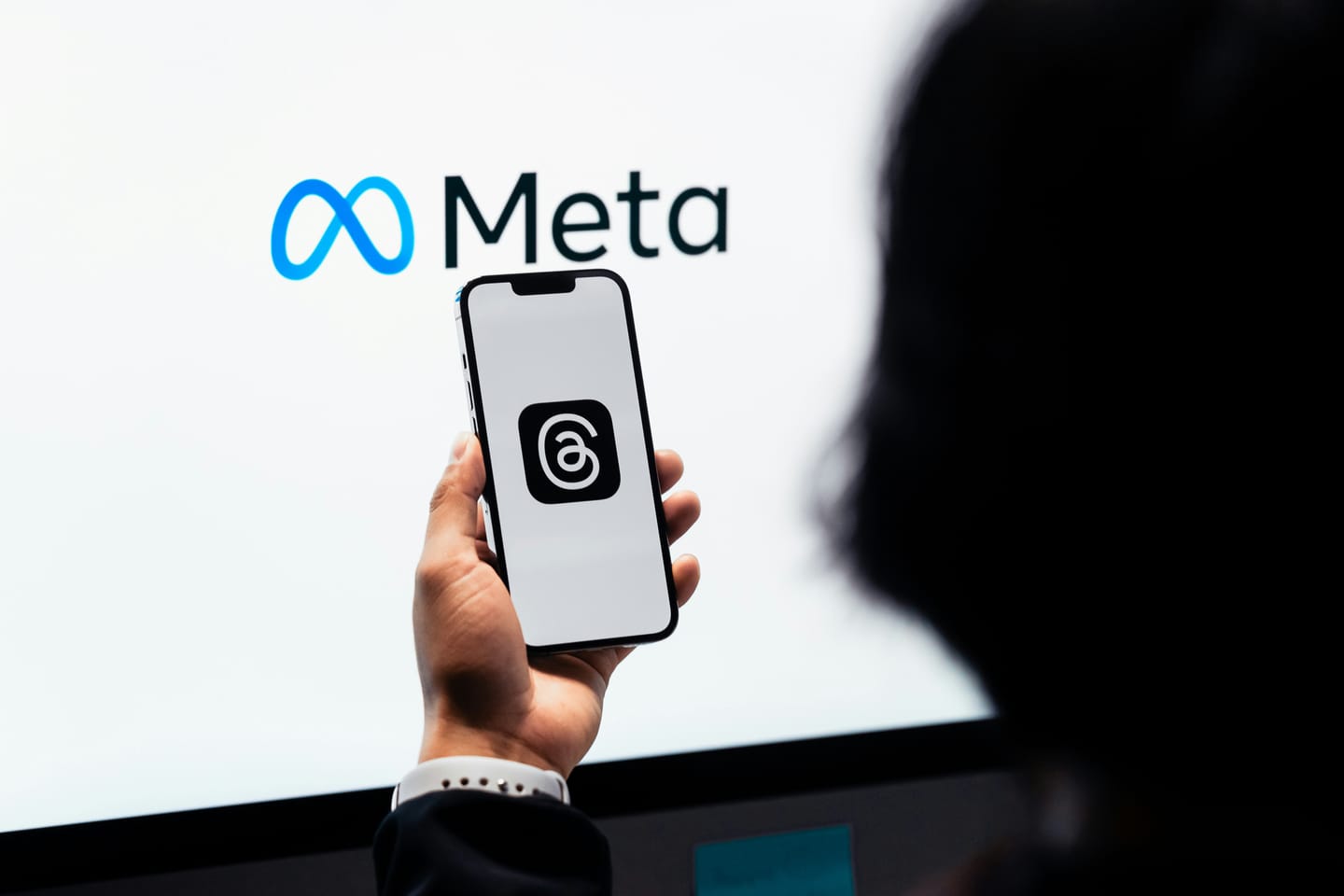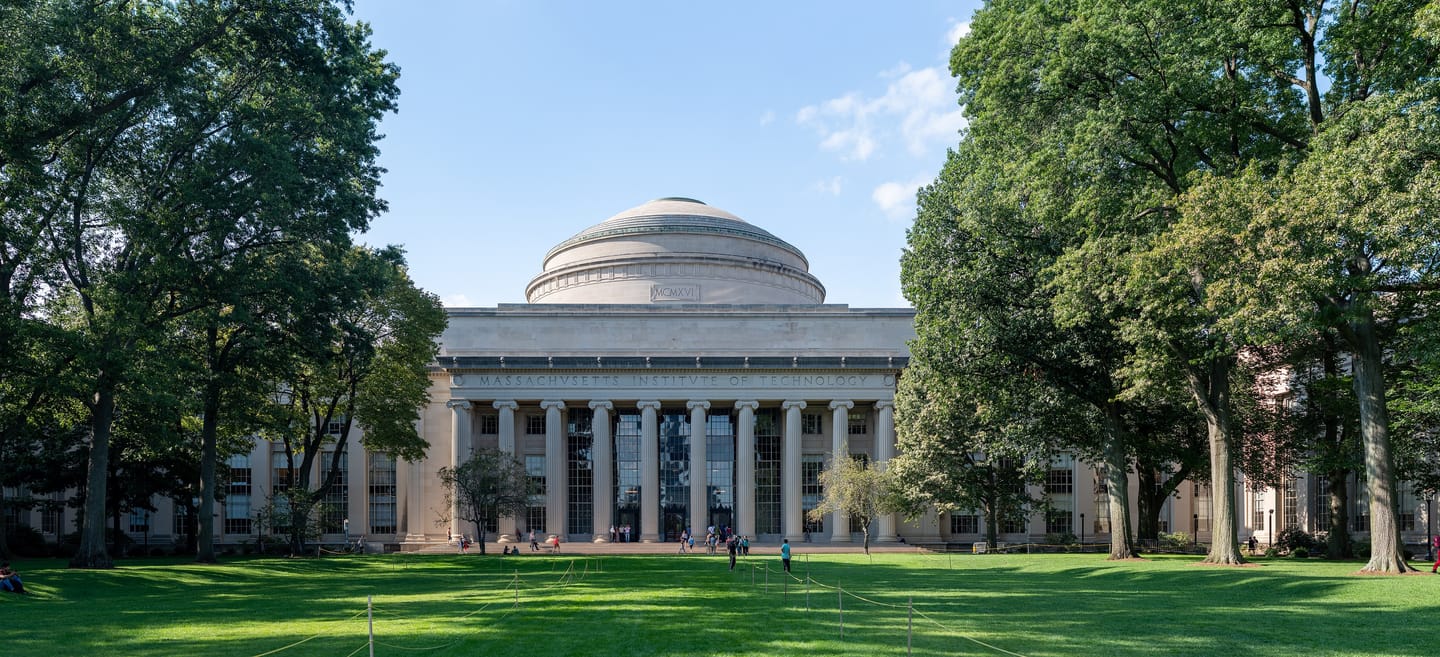US Copyright Office Issues Report On AI Systems Training
The United States Copyright Office (USCO) released a 108-page "pre-publication" report on May 9, 2025, addressing the unauthorised use of copyrighted materials for training generative AI systems. The report represents the final instalment of the Office's three-part series examining the intersection of artificial intelligence and copyright













